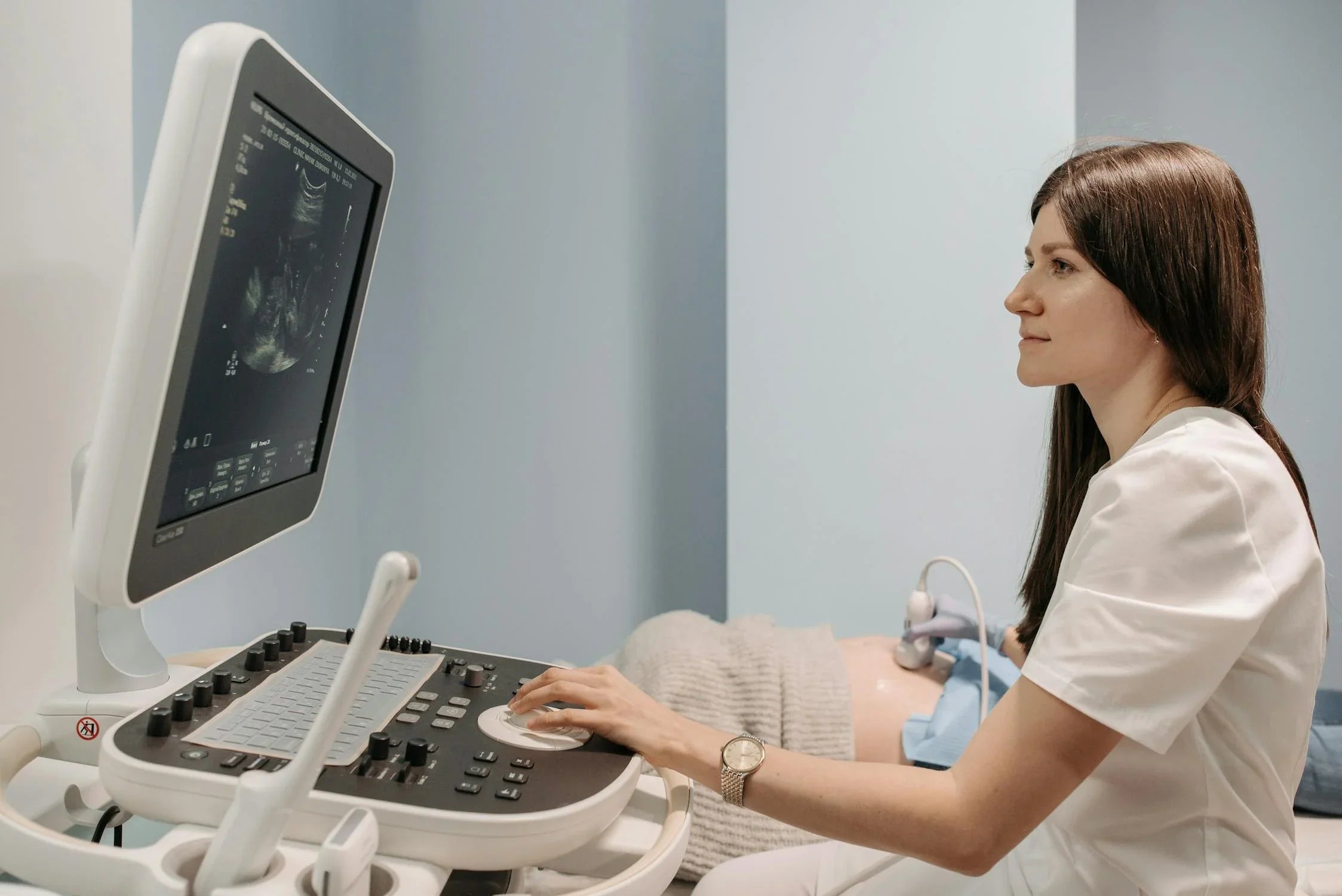Accueil
Pregnancy, Breastfeeding, and Pumping: The Ultimate Guide for Moms
What's the Earliest to Take Pregnancy Test: A Comprehensive Guide

What's the Earliest to Take Pregnancy Test: A Comprehensive Guide
Are you eagerly waiting to find out if you're expecting? Knowing the earliest time to take a pregnancy test can save you from unnecessary anxiety and help you plan your next steps. This article dives deep into the science behind pregnancy tests, the ideal timing, and how to ensure the most accurate results.
How Pregnancy Tests Work
Pregnancy tests detect the presence of human chorionic gonadotropin (hCG), a hormone produced by the placenta after a fertilized egg attaches to the uterine lining. There are two main types of pregnancy tests: urine tests and blood tests. Urine tests are the most common and can be done at home, while blood tests are performed in a medical setting and are more sensitive.
When Can You Take a Pregnancy Test?
The earliest you can take a pregnancy test depends on the sensitivity of the test and the timing of implantation. Most home pregnancy tests claim to detect hCG levels as early as 6-8 days after ovulation. However, the accuracy increases significantly if you wait until after your missed period.
Early Testing: Pros and Cons
Testing early can provide quick answers, but it also comes with risks. Early testing may result in false negatives if hCG levels are too low to detect. On the other hand, a positive result early on can help you start prenatal care sooner.
Factors Affecting Test Accuracy
Several factors can influence the accuracy of a pregnancy test, including the timing of implantation, the sensitivity of the test, and how the test is used. Drinking too much liquid before testing can dilute hCG levels in your urine, leading to inaccurate results. Always follow the instructions provided with the test for the best outcome.
Types of Pregnancy Tests
There are various types of pregnancy tests available, each with different levels of sensitivity. Some tests can detect hCG levels as low as 10 mIU/mL, while others require higher levels. Choosing the right test for your needs can make a significant difference in accuracy.
Understanding False Positives and Negatives
False positives and negatives can occur for several reasons. A false positive may result from certain medications or medical conditions, while a false negative is often due to testing too early. If you receive a negative result but still suspect you're pregnant, wait a few days and test again.
When to Consult a Healthcare Provider
If you receive a positive result, it's essential to confirm it with a healthcare provider. They can perform a blood test to measure hCG levels more accurately and provide guidance on prenatal care. If you experience symptoms of pregnancy but continue to receive negative results, consult a doctor to rule out other conditions.
Tips for Accurate Testing
To ensure the most accurate results, test first thing in the morning when hCG levels are most concentrated. Follow the instructions carefully, and avoid drinking excessive fluids before testing. If you're unsure about the results, wait a few days and test again or consult a healthcare provider.
Emotional Considerations
Waiting to take a pregnancy test can be an emotional rollercoaster. It's essential to manage your expectations and prepare for any outcome. Surround yourself with supportive friends and family, and remember that it's okay to seek professional help if needed.
Ready to take the next step? Understanding the earliest time to take a pregnancy test can empower you with the knowledge you need to make informed decisions. Whether you're hoping for a positive result or preparing for the future, this guide has you covered. Take the test when you're ready, and remember that you're not alone on this journey.
Partager
